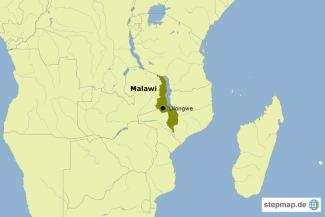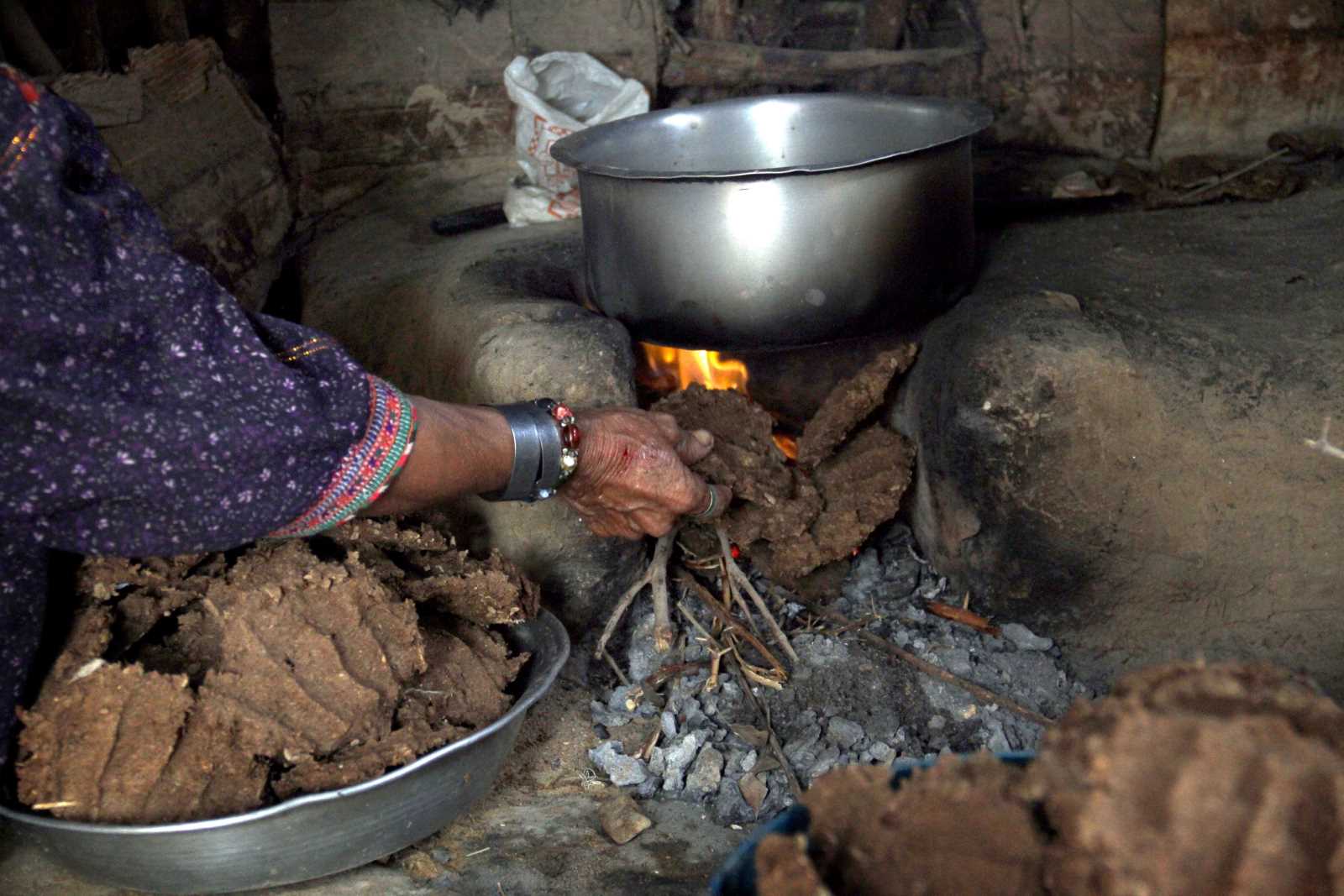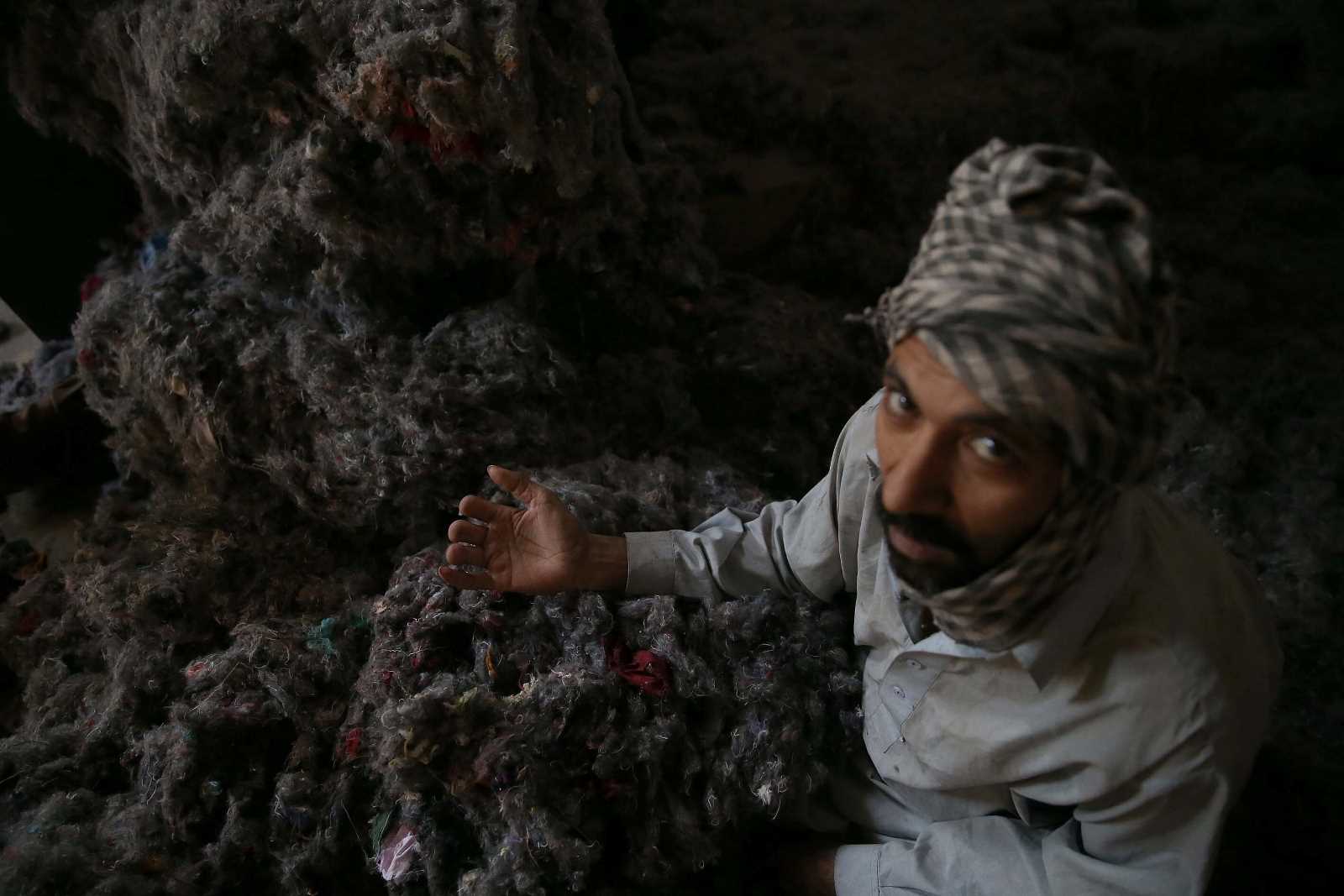Child brides
The scourge of early marriage

For example, traditional leader Chitanganya told The Weekend Nation recently that many Malawian migrant workers based in South Africa come back briefly to arrange such marriages with girls’ parents.
“We are not happy with parents who do this,” says Chitanganya. “Many parents believe such a marriage will end poverty for their daughters, but it will not.”
Indeed, poverty is the root cause of marriage involving children under 18 in Malawi. Three of the five poorest districts in the country – Phalombe, Mulanje and Machinga – have the highest child-marriage rates of 68 %, 62 % and 60 %, respectively.
Malawi’s national statistics on early marriages are alarming. A 2018 study conducted by Lea Mwambene, a law professor at the University of the Western Cape in South Africa, shows that Malawi has the 11th highest child-marriage rate in the world.
According to the study, titled “Recent legal responses to child marriage in southern Africa” and published in the African Human Rights Law journal, nearly half of Malawian girls marry before the age of 18. Malawi has the second highest rate of child marriage in the Southern African Development Community region, just behind Mozambique, according to the UNICEF Malawi report titled “Budged scoping on programmes and interventions to end child marriage in Malawi” published in December 2019.
Most child brides drop out of school. Between 2010 and 2013, about 27,600 girls in primary school and about 4,000 girls in high school dropped out due to forced marriage, Mwambene says.
Formally, the law forbids marriage for both boys and girls under 18. Nonetheless, the practice continues. It is driven in part by the mistaken notion that once a girl reaches puberty she is ready for marriage.
“In Malawi just like in South Africa the issue is about culture,” says Fisani Ngwazi, a journalist in South Africa where many of Malawi migrant workers live. “In rural areas of South Africa early marriages are on the rise but they are kept unreported, as cultural traditions clash with child protection laws.”
The coronavirus pandemic has exacerbated the cultural tendency to push girls into early marriages, says Limbani Nsapato, Malawi country representative for Edukans, an NGO that advocates for childhood education. Many girls married after their schools closed.
“It’s a worrying situation,” Nsapato says. “In Malawi, closures of schools have led to an increase in early marriages and early pregnancies. More than 5,000 children in Phalombe district and more than 7,000 in Mangochi district have been forced to get married. In Mzimba district in the northern region of Malawi over 400 children have married or become pregnant since the pandemic began.”
According to UNICEF, the incidence of child marriages can be reduced by increasing funding to institutions that work towards ending the problem. But current trends show the rate of child marriages increasing – boosted in part by demand from Malawian migrant workers abroad.
Raphael Mweninguwe is a freelance journalist based in Malawi.
raphael.mweninguwe@hotmail.com











